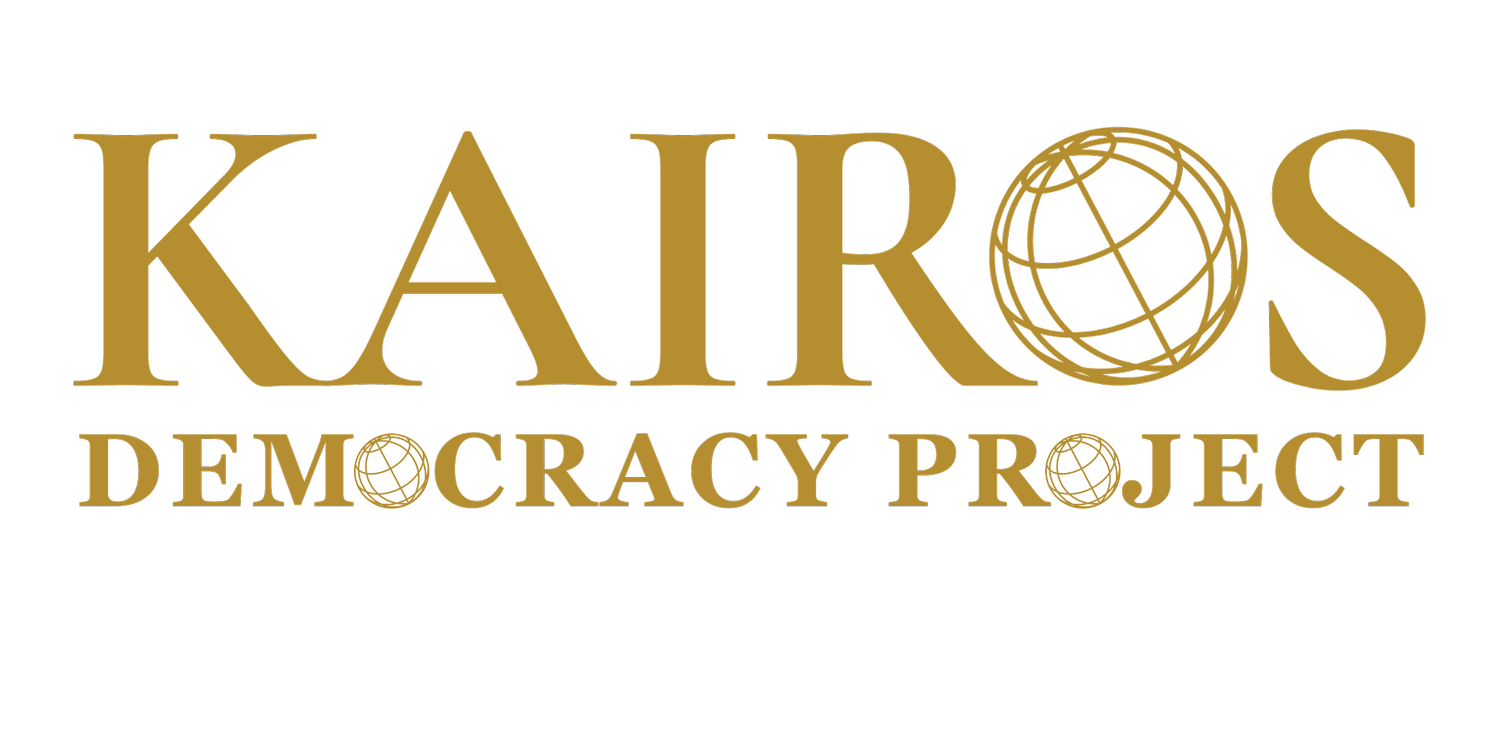Digital Servitude: The 23andMe Data Dilemma
April Avant
Digital Gaslighting: From Personal Manipulation to Corporate Data Exploitation
My nine-year involvement with Marcus Danvers (not his real name) taught me more about digital manipulation than any tech conference ever could. The parallels between personal and digital gaslighting became impossible to ignore: the careful construction of false realities, the exploitation of trust, the slow erosion of boundaries.
The twenty-five-year age gap between us made his deceptive conduct even more concerning. Like the dark patterns employed by tech companies, his actions involved carefully constructed false impressions and hidden agendas. He engaged with my family behind my back, maintained the illusion of financial support while contributing only two casual meals over nine years, and crafted a facade of normalcy that masked deeper deceptions.
The Federal Trade Commission defines dark patterns as "design practices that trick or manipulate users into making choices they would not otherwise have made and that may cause harm." This definition applies equally to digital platforms and personal relationships that subvert genuine choice.
"Whether it's a manipulative relationship or a predatory app, the goal is the same: to make you doubt your own judgment while surrendering your agency."
As we've just witnessed with the unprecedented 23andMe ruling, corporate exploitation of our most intimate data has reached new heights. A judge has approved the sale of genetic data from over 15 million individuals to cover bankruptcy debts - treating our DNA like office furniture in liquidation. This isn't just business—it's behavioral engineering. Just as Marcus manipulated my perception of reality, these companies use dark patterns to subtly guide our choices while maintaining the illusion of free will.
AT&T, through its subsidiary Ingenio, which owns Keen, has perfected this art of manipulation at scale. With data from 45 million consumer-advisor conversations, they possess unparalleled access to emotional, psychological, and decision-making data. This enables them to create hyper-personalized experiences that know exactly which emotional buttons to push.
What disturbs me most is that this duplicitous behavior has both personal and national security implications. The 23andMe ruling creates a dangerous precedent where our genetic data - our very blueprint - can be auctioned to the highest bidder. This information could be exploited by insurers to deny coverage based on genetic predispositions, used to create targeted manipulation campaigns, or even weaponized against entire demographic groups. The data from my vulnerable moments—and yours—could be used for mass manipulation campaigns designed to amplify societal divisions or influence elections.
Throughout women's history, gaslighting has been a tool to undermine women's autonomy and credibility. From dismissing suffragettes as "hysterical" to labeling women's health concerns as "all in your head," manipulation has been used to maintain power imbalances. Today's digital gaslighting merely updates these tactics for the algorithmic age.
The question becomes urgent: who owns our data? Our thoughts? Our DNA? If companies can sell our genetic information in bankruptcy proceedings, they effectively own a piece of our biological identity. Do we truly have free will if our most intimate information can be traded without our consent? As this 23andMe case moves forward, we must ask ourselves profound questions about data autonomy. Should we have the right to reclaim and erase our digital and biological footprints?
As the 23andMe case demonstrates, DNA is not just data - it's destiny. And it does not belong on the auction block.
Take Action Now
Contact Your Representatives: Demand legislation that protects genetic data as personal property.
Review Your Privacy: Opt out of data sharing and delete accounts with untrustworthy companies.
Support Digital Rights Organizations: Join groups fighting against data exploitation.
Share This Message: Use #DataNotDebris #MyDNAMyRights to spread awareness.
The time to reclaim our digital and biological sovereignty is now.

